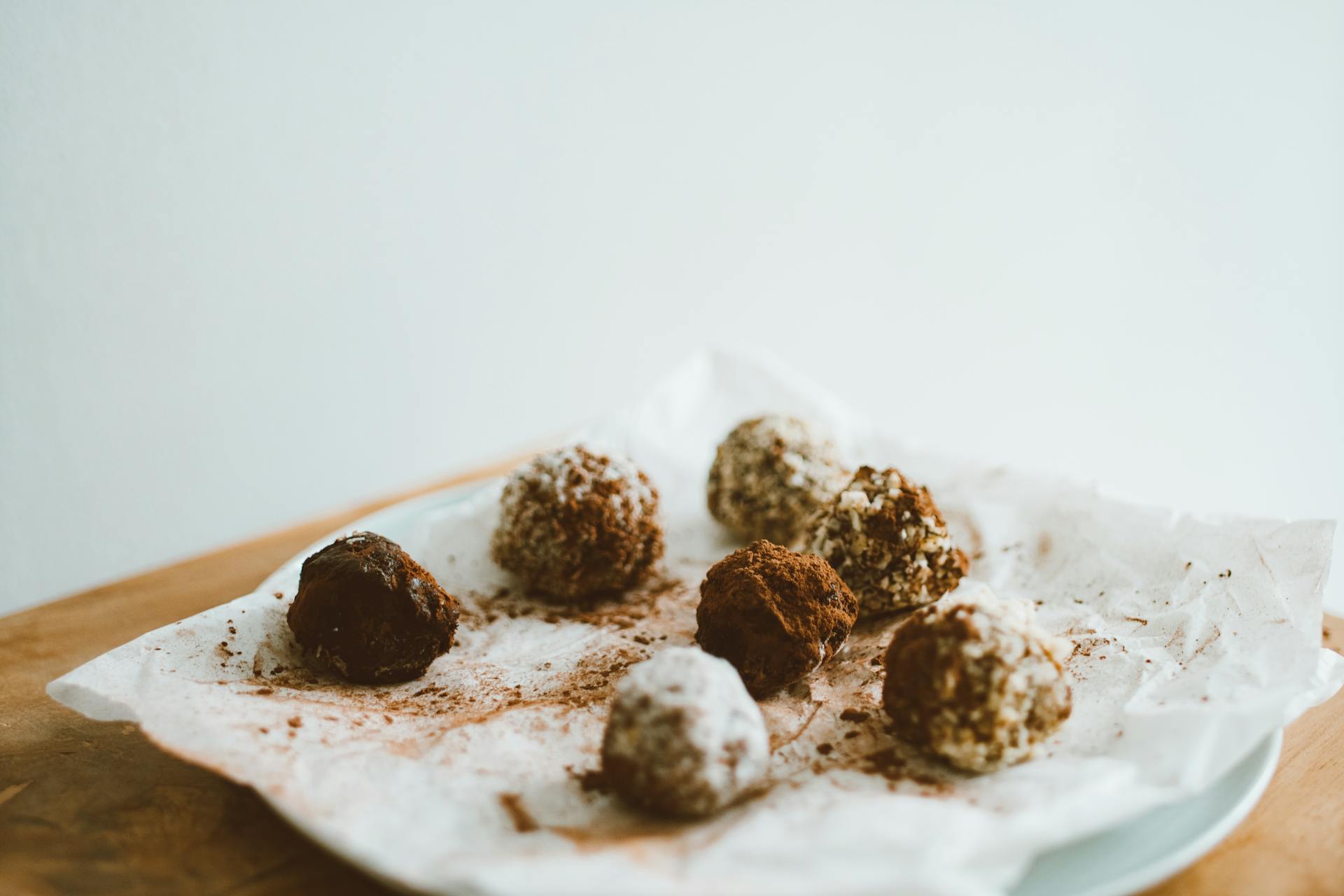
Are you sick of finding your favorite chair soaked in sweat after you get up? Bum sweat is an at-home nuisance, but it's also a danger to your health. Millions of bacteria live and thrive on warm, wet fabric! Instead of dealing with the mess and embarrassment every time you sit down, there are a few steps you can take to put a stop to bum sweat for good.
Firstly, focus on the temperature in the room. Many folks don't realize just how hot it can get, especially when indoors in the height of summer. Installing air conditioning units throughout the house will not only cool things down but also reduce humidity levels, which helps reduce perspiration - especially on your chair or sofa. Additionally, running fans throughout the home can help circulate cool air and keep skin dry during warm months.
Opt for chairs and sofas covered in leather or other moisture-resistant fabrics like polyester or microfiber blends. The right materials go a long way in combatting excess moisture on furniture - especially those with tight weave that prevent water from seeping through. For added protection against sweaty bottoms, place waterproof slip covers over chair cushions or poufs so they don’t absorb liquid or become damp over time.
Finally, try wearing light clothing when sitting at home as opposed to heavy and bulky materials which trap heat and sweat from your body more rapidly than thinner fabrics do. Plus it's much more comfortable! If you still find yourself dealing with sweaty bottoms after taking these preventive measures, try piling some absorbent towels on top of your seat cushion until the heat subsides before sitting again - this way any liquid produced will be absorbed by the towels instead of soaking into your furniture!
By following these simple tips and investing in moisture-resistant furniture pieces, you can make sure that those late summer evenings spent sitting at home are no longer marred by excess perspiration but rather enjoyed with maximum relaxation!
How to prevent sweat stains on furniture?
Sweat stains have the potential to ruin upholstered furniture, making it unpleasant and unsightly. To avoid this problem, use a few simple strategies to protect furniture fabrics from sweat damage.
One of the most obvious and effective ways to prevent sweat stains is to wear light clothing while sitting on upholstered furniture. Materials like linen, rayon, and polyester are naturally more breathable than heavy fabrics like wool or denim, which can trap sweat and lead to staining. Slipcovers are another great way of protecting furniture from sweat stains, as these fabric covers can easily be lifted and washed if needed.
For extra protection, applying a fabric protector is an idea as well. Look for a upholstery stain guard that is specifically designed for use on your type of fabric. This can help seals moisture and other substances out to keep them from penetrating deep into the fabric over time. Additionally, consider adding arm caps or covers that specifically fit the arms of chairs or couches in order to create an extra barrier between skin and fabric – they come in various colors so no one will be the wiser!
Finally, it’s important to remember if you do notice any sweat stains develop over time on your furniture, it’s best to always clean them immediately before they become more difficult or even impossible to remove completely. While following these simple tips may not guarantee that your pieces remain completely free from staining all the time, it will certainly give them a better chance of staying cleaner for longer!
What is the best way to protect chairs from sweat damage?
Sweat damage is one of the most common risks that chairs face, leading to costly repairs and replacement in the long run. The best way to protect chairs from sweat damage goes beyond just regular cleaning and maintenance - it’s taking proactive steps to keep furniture sweat-free even before damage can be caused.
One of the most effective preventative measures that can be taken is to use chair covers and cushions. Chair covers will protect the fabric from excessive sweat absorption, and cushions are an excellent way to provide a layer of protection between an individual’s skin and the surface of the chair, allowing for better air circulation that reduces moisture buildup. That way, it’s less likely for a chair to get stained with perspiration. Both cushions and chair covers are available in a wide variety of colors and styles so they can be tailored to fit any décor or aesthetic preference too.
Another step homeowners can take is investing in furniture with materials that are more resistant to sweat damage, like leather or vinyl. These materials won’t absorb sweat as quickly as other fabrics do, so they will require less frequent cleaning - saving time, effort and cost down the line. Even if leather or vinyl chairs are chosen as an option, however, proper care should still be taken when it comes first-time uses such as scrubbing stains off with cleaning solvent (if needed) or allowing for 24 hours after purchasing for better acclimation before extended application use.
Taking extra preventive steps when it comes protecting furniture from sweat damage goes a long way in keeping them looking new for years down the road!
What material is best for a chair to prevent sweat absorption?
First of all, an important tip when it comes to choosing the optimal material for a chair is to opt for breathable fabric that is resistant to sweat absorption. Natural materials such as cotton, jute and linen are great options as they are lightweight, comfortable and able to hold up in humid climates due to their inherently absorbency. Synthetics such as nylon and microfiber are also good choices as they offer superior moisture-wicking properties yet don’t feel heavy or stifling in warm weather.
The more tightly woven a material is, the more sweat it will absorb. Depending on your lifestyle and aesthetic preferences, you may choose to go with a leather option despite its inability to be washed - untreated leather allows air and perspiration to evaporate more quickly than suede leather or nylon-poly blend fabrics. Polyurethane (PU) leather is another popular option since it offers a breathable material that can be wiped down easily if it does become overwhelmed with moisture from humidity or perspiration.
It should be noted that some fabrics require additional steps for proper maintenance such as spot cleaning before re-upholstering or washing regularly with mild detergent and allowing enough time for air-drying between uses. This can help avoid stains, discoloration or even mildew growth which no one wants on their chair! All in all, regardless of which material you choose ensuring it is breathable enough helps make sure the sweat absorption is kept at bay.
What is the best chair fabric to help avoid sweat marks?
When shopping for furniture, it is essential to find the perfect fabric that prevents sweat marks. Choose a fabric material that is breathable, light and that wicks away moisture. Natural fibers such as cotton are generally easier to care for, while synthetic fabrics like polyester are stain-resistant and quick drying.
Leather is another popular option for chairs as it tends to be more resistant to sweat marks and damage. Leather also looks attractive in any room due to its luxurious richness. Although, leather chairs require more maintenance with regular conditioning treatments to keep them clean over time.
Linen is an excellent choice if comfort is important. It keeps you cool because it’s breathable and lightweight and won’t attract as much dust as other materials due to its naturally resistant fibers. It is prone to wrinkles so it may require regular steaming or ironing efforts.
Ultimately when selecting the best fabric for a chair to help avoid sweat marks, it comes down to personal taste and lifestyle needs. There are plenty of fabrics available which make a great compromise between style, comfort and stain resistance; consider looking into bamboo, wool or eco-friendly microfiber options.
Expand your knowledge: Sweat Stain
How can I make my chair less prone to sweat stains?
Sweat stains can be a real annoyance when they appear on your chair. Fortunately, there are several strategies that you can employ to make your chair less prone to sweat stains.
For a quick and easy solution, invest in high-quality chair covers. Chair covers come in a wide range of styles and fabrics, so you can find one to match the decor of your home. Additionally, a durable cover will provide a protective layer between your chair and sweat stains, making it more difficult for them to settle into the fabric.
Another way to prevent sweat stains is by addressing the source of the problem: perspiration. Try adding an extra cushion beneath the seat cushion for additional support - this will help reduce sweating underneath you. Be sure to choose moisture-resistant cushions if possible! Additionally, you may want to look for materials like leather or vinyl that have better natural moisture resistance than other fabrics such as cotton or linen.
Finally, be sure to blot any sweat immediately instead of rubbing it in further with a paper towel or cloth. Blotting up as much of the moisture as quickly as possible will help lessen the amount of damage done by sweat stains on your chair's fabric.
With these simple tips and tricks, you can keep sweat from permanently staining your furniture and make sure that your chair looks great even after sitting in it for hours on end!
Are there any treatments I can use to protect my chairs from sweat?
Having a great looking chair in the home can be an important part of making a house feel like a home but often that furniture can be ruined by sweat stains that sit for days, looking noticeable and unappealing. So, what treatments are available to help protect against these stains?
One treatment that may be useful for chairs prone to sweat is waxing. Waxing your chair adds an extra layer of protection against liquid - including sweat - and helps to maintain the original color and finish. To protect your chair from sweat, use a natural wax like beeswax or carnauba wax which won't clog up fabrics or damage colors. Alternatively, you could use a protective spray on the fabric of your chair before applying the wax - this will help reduce staining.
Another way to protect your chairs from sweat is to invest in double-stitched fabric that has been treated with a waterproofing solution. These types of fabrics have multiple layers which gives them extra strength and durability as well as being water resistant. The waterproofing solution also helps repel liquid while still allowing air to pass through which prevents unpleasant odors associated with dampness or sweating.
Finally, if you would prefer something with less commitment than waxing or waterproofing, you can also use stain repellent protection sprays on all kinds of fabrics - including those on chairs! Once applied it forms an invisible shield around the material against dirt, oil and liquid - such as sweat. For best results apply several applications and make sure to press down firmly when using spray cans.
If you want to keep your chairs looking pristine despite any potential sweating then it may be worth investing in one or more treatments discussed above! With some extra care and maintenance it is possible for your furniture pieces looking good as new for years to come.
Explore further: Prevent Sweating
Featured Images: pexels.com


